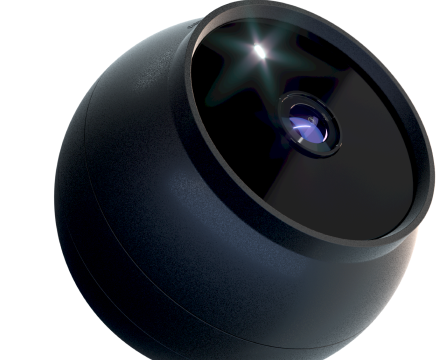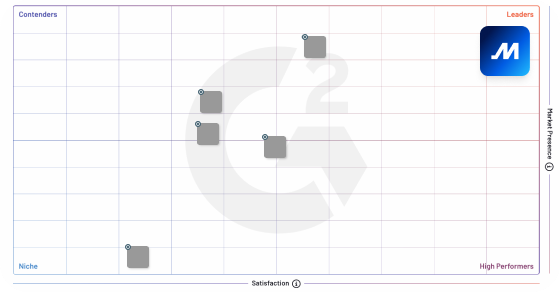How accurate is GPS tracking?
The accuracy of GPS tracking devices depends on several factors, including atmospheric conditions, satellite geometry, signal blockage, and other elements. The US government commits to providing GPS accuracy at levels specified in the GPS Standard Positioning Service (SPS) Performance Standard.This commitment does not apply to GPS devices but rather the signals transmitted in space.
When it comes to the technology implemented in GPS tracking devices, it is so sophisticated that it allows for accuracy anywhere from 1 meter – 10 meters.
What can GPS tracking be used for?
Many commercial companies use GPS tracking to track assets, find efficient routes, and prevent the loss of assets. Some of the main uses of GPS tracking are:
1. Vehicle tracking
Commercial companies use GPS tracking for navigation, route planning, and to reduce fuel expenses.
2. Fleet tracking
Along with tracking single vehicles, GPS fleet tracking solutions can also be used to monitor and dispatch entire fleets of vehicles, assets, and trailers.
3. Heavy machinery
Mining and construction companies use GPS tracking to display map views of all different areas of job sites. With data from GPS tracking devices, job site managers can monitor heavy machinery fuel usage, inventory, and employee productivity.
4. Agricultural use
Agricultural companies use GPS trackers on tractors and other farming equipment to be more accurate when it comes to:
- Farm planning
- Field mapping
- Soil sampling
- Crop scouting
- Yield mapping
5. Route planning
With GPS tracking systems, companies can plan accurate and efficient routes, and provide turn-by-turn directions based on things like weather, traffic, and other obstacles or constraints.
6. Vehicle or asset recovery
GPS tracking systems can also help find lost or stolen vehicles or alert when assets leave geofenced locations, which helps to prevent theft and loss.



